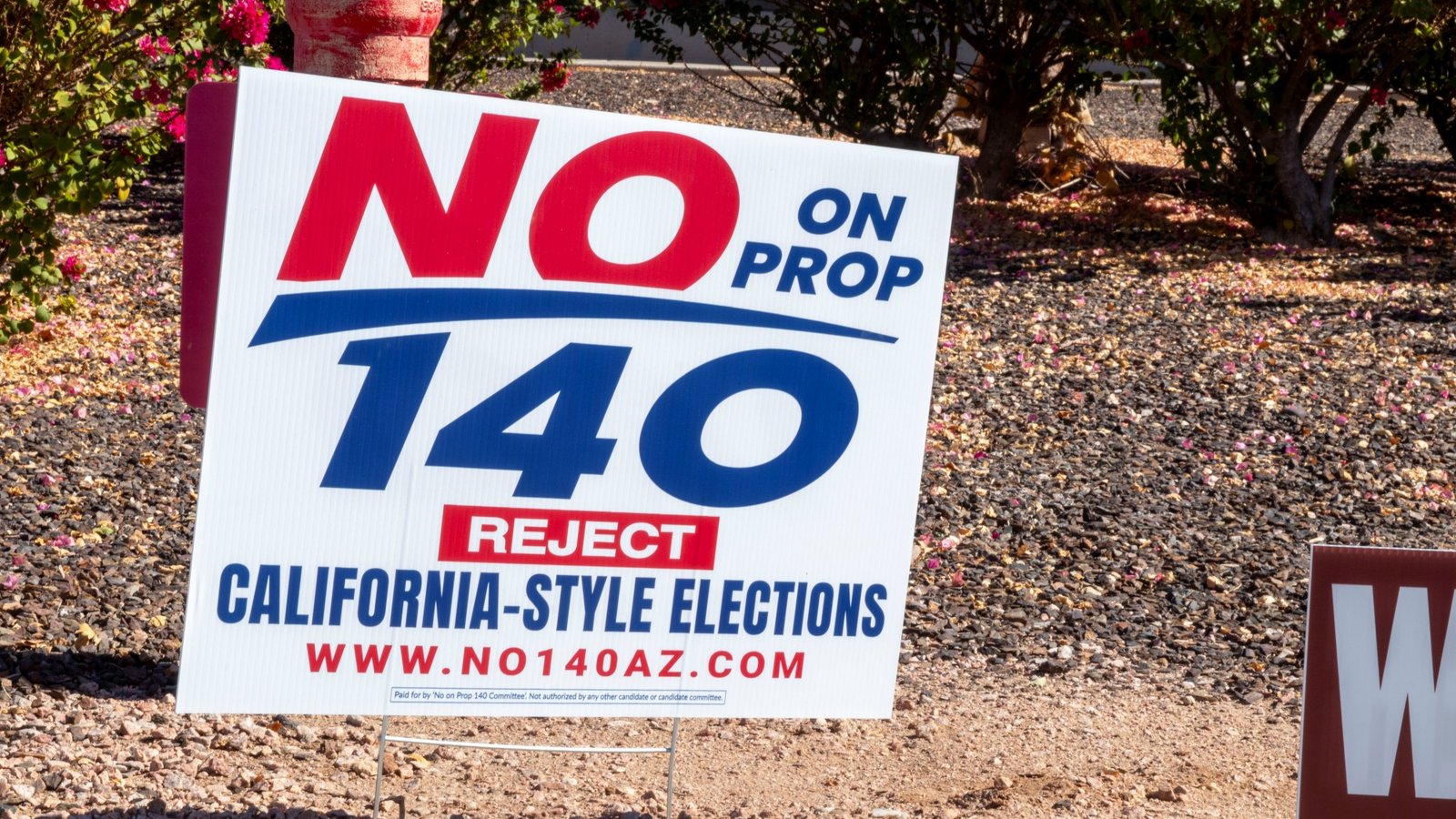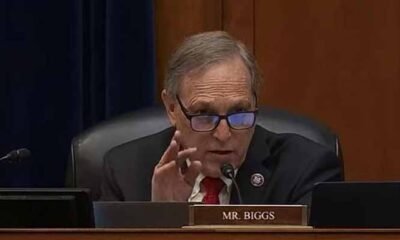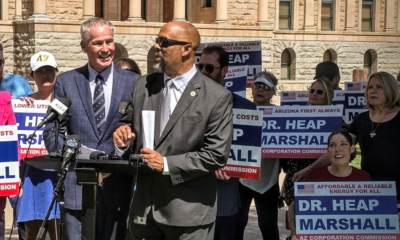2024 election
Arizonans Say No to Measure Aiming to Open Primary Elections

Arizonans decisively rejected Proposition 140, aimed at opening the state’s primaries, with around 60% opposing it as of early Wednesday morning. Additionally, residents appeared poised to also dismiss Proposition 133, which sought to maintain the existing closed, partisan primary system.
According to the Associated Press, the failure of Prop. 140, also known as the Make Elections Fair Act, was confirmed early Wednesday. The AP had not called the race for Prop. 133 at that time.
Mark Lamb, Pinal County Sheriff, and former Arizona Supreme Court Justice Andrew Gould, co-chairs of the No on Prop 140 Committee, expressed gratitude to voters for standing against what they termed a radical overhaul of the election system. They asserted that both propositions could have inflicted lasting damage to Arizona’s electoral integrity, emphasizing the importance of maintaining free, fair, and transparent elections.
The Make Elections Fair Act aimed to amend the state constitution to allow open primary elections, enabling all candidates to be listed on the primary ballot irrespective of party affiliation. This approach intended to enhance representation for independent candidates and foster cross-party dialogue among voters.
Current Arizona law mandates partisan primaries for offices not designated as nonpartisan. While unaffiliated voters may participate, they must choose between Democratic or Republican ballots. Those registered as party voters receive mail-in ballots automatically, while unaffiliated voters must request theirs.
In 2023, Arizona Republicans facilitated the introduction of Prop. 133 to counter a proposed ranked-choice voting initiative. If passed, Prop. 133 would have amended the state constitution to prohibit open primaries and ranked-choice voting.
Ranked-choice voting allows voters to rank candidates in order of preference. If no candidate achieves a majority in the first round, the candidate with the least votes is removed, and the process continues until one surpasses the 50% mark.
Backers of ranked-choice voting pivoted their initiative into one that sought to transform Arizona’s partisan primary system into nonpartisan elections, paving the way for ranked-choice voting should legislators approve. This new initiative, Prop. 140, proposed that all voters could participate in primary elections.
Prop. 140 included provisions for the state legislature to determine how many candidates progress from the primaries to the general election. If the legislature opted for more than two candidates, ranked-choice voting would need to be implemented. Should the legislature fail to make a decision by November 1, 2025, the choice would default to the secretary of state. This raised concerns among opponents, given the current secretary’s Democratic affiliation.


















